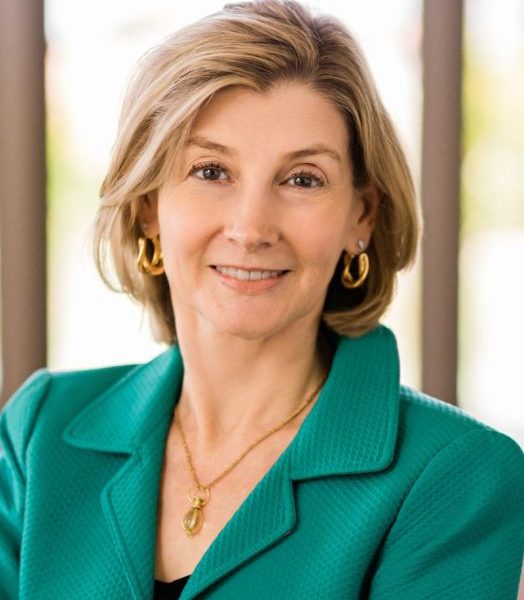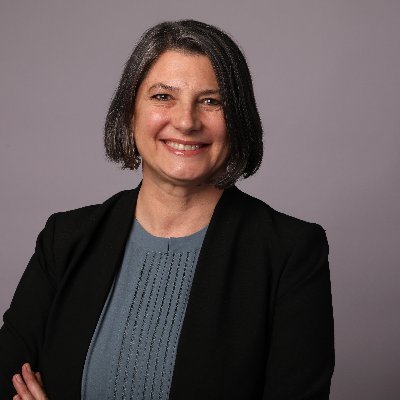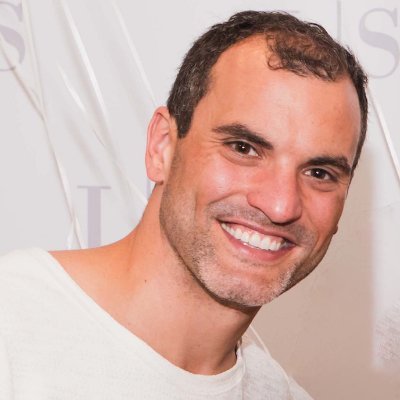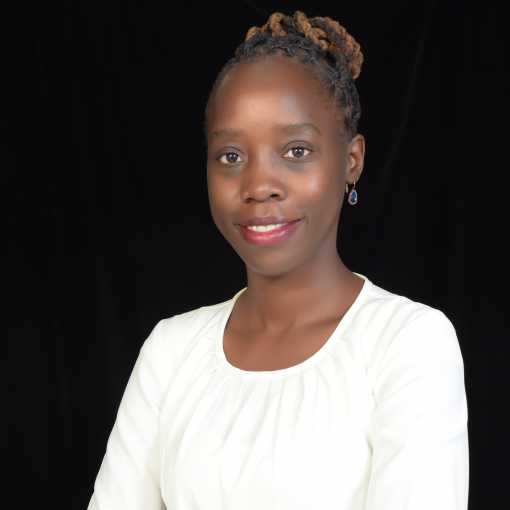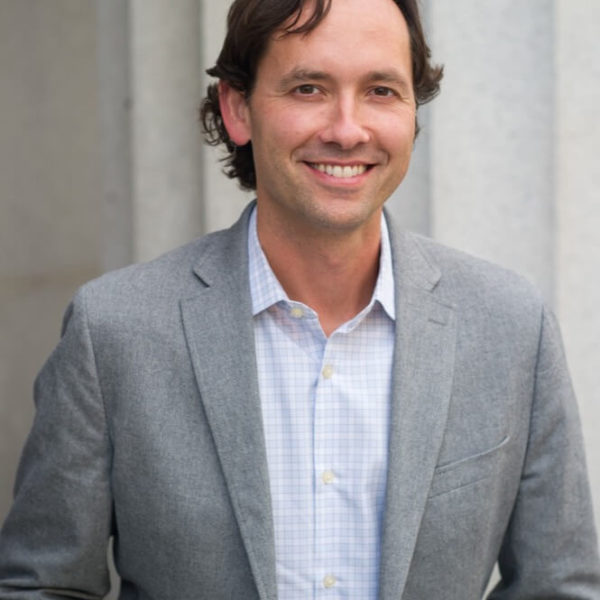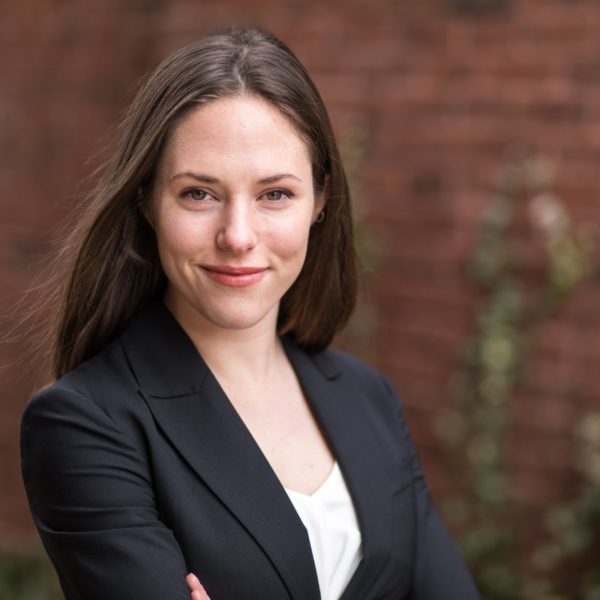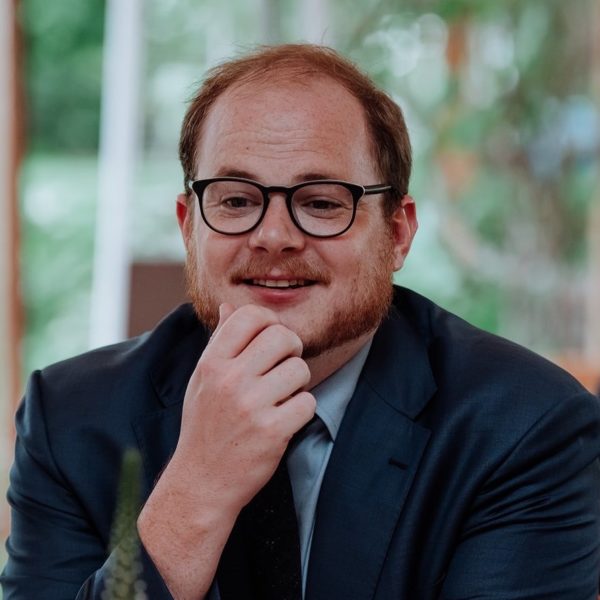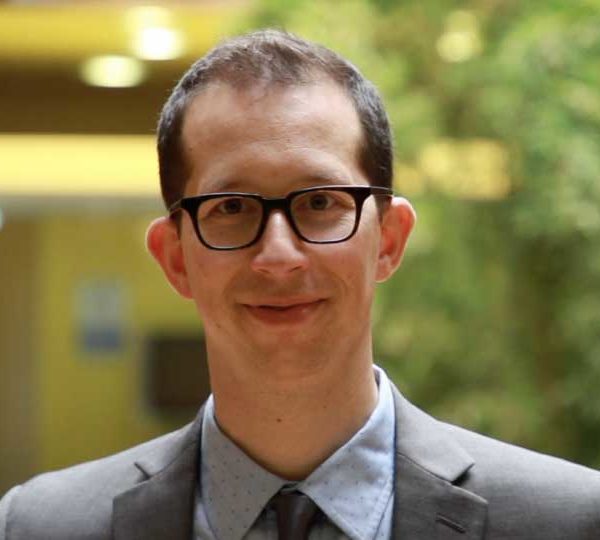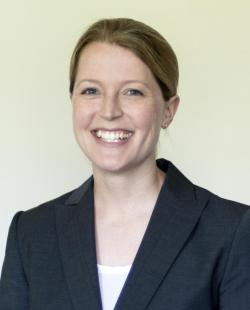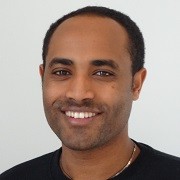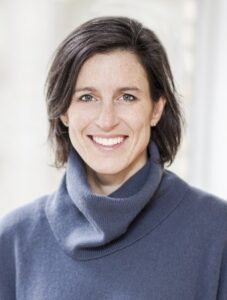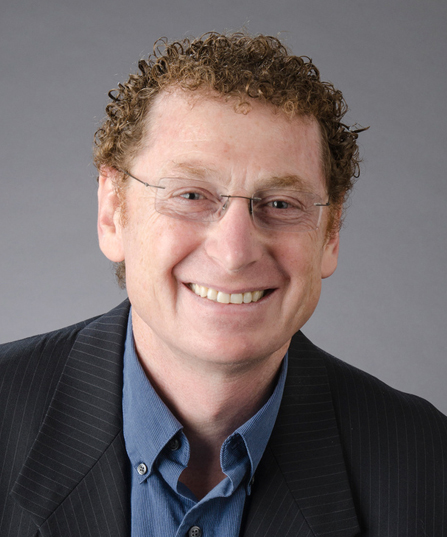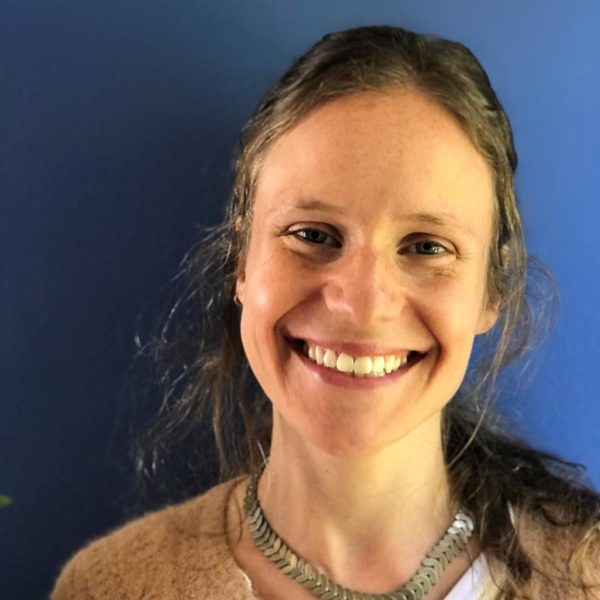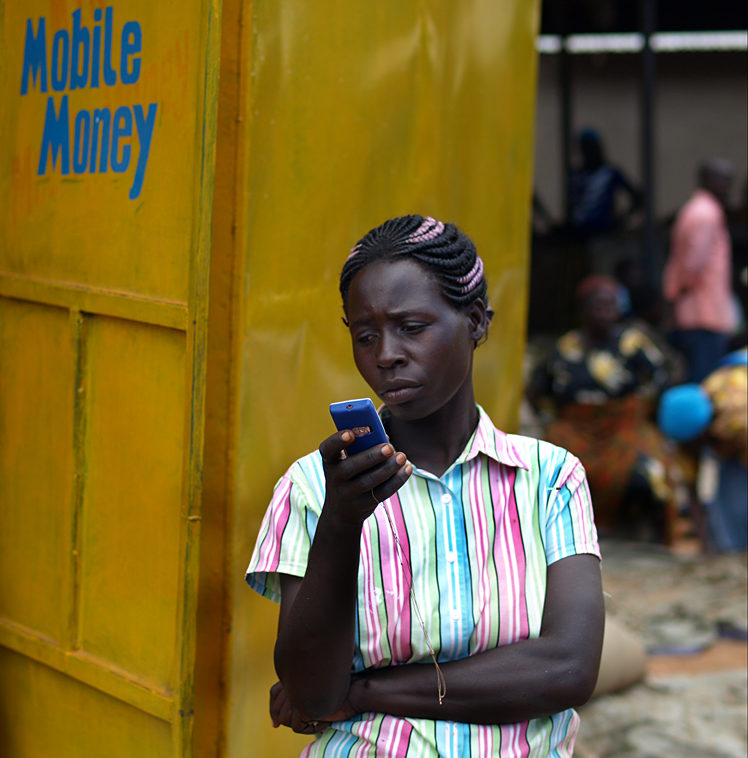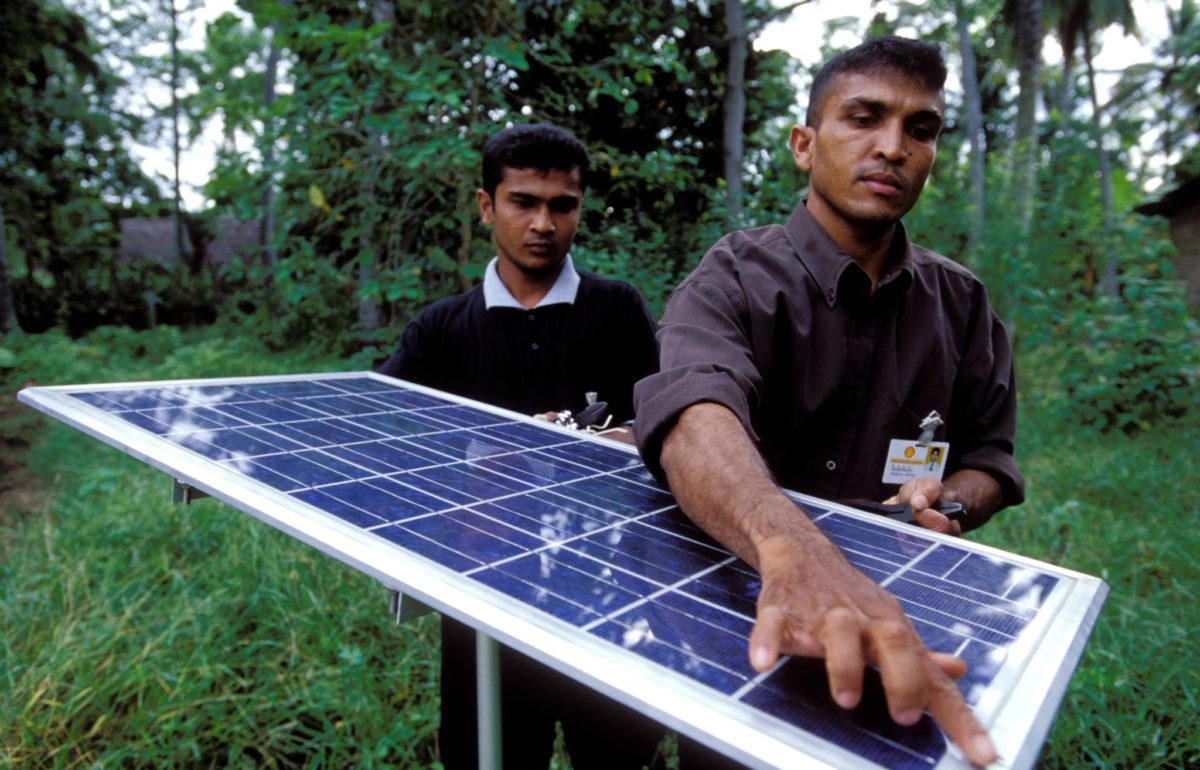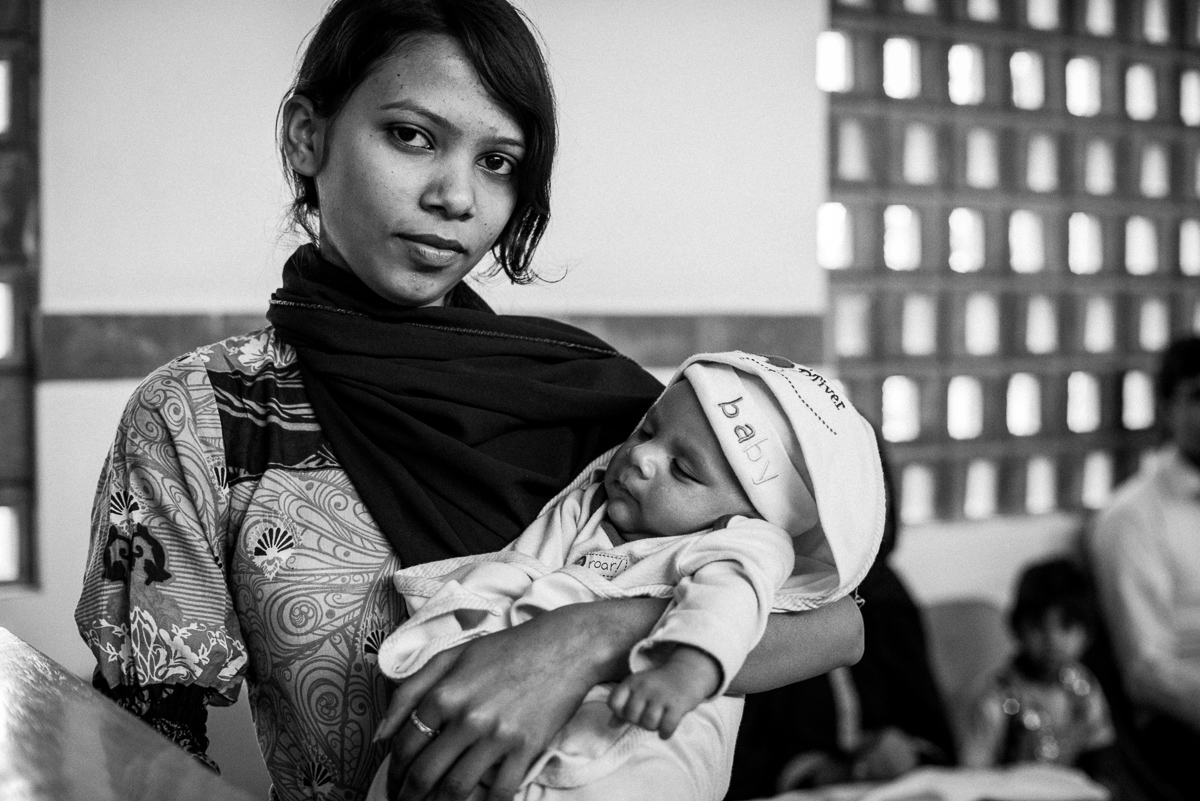E2A 2022: Confronting Conflict and Displacement in a Changed World
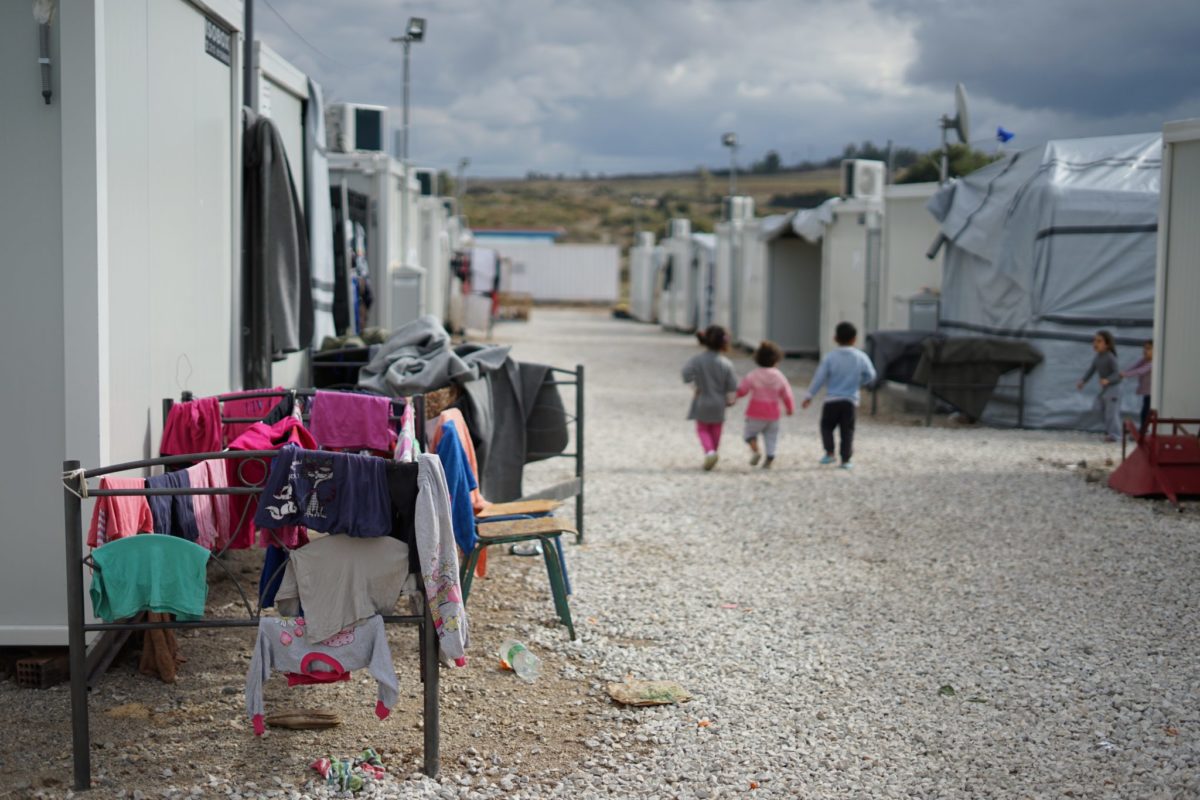
Syrian refugee camp in the outskirts of Athens, Greece. Credit: Julie Ricard on Unsplash
The world sees between 20-50 armed conflicts each year. Today, active conflict persists in Ukraine, Afghanistan, Syria, Ethiopia, and myriad other countries. The effects of related violence are traumatic for residents and destabilizing for states, and tend to linger long after active conflict subsides. Meanwhile, the number of people who have been forcibly displaced from their homes due to violence, instability, and other powerful forces–such as climate change–is higher than ever before. Conflict and displacement undermine efforts by governments and NGOs to provide basic services, share information, build trust, and promote sustainable economic growth–particularly in low- and middle-income countries (LMICs) which, despite bearing the brunt of these challenges, have limited capacity to respond.
On Thursday, October 13th, CEGA’s annual Evidence to Action (E2A) symposium, “Confronting Conflict and Displacement in a Changed World,” showcased the effectiveness and limitations of policy solutions designed to promote stability, security and resilience in LMICs. Through a series of research presentations and panels of policymakers and practitioners, we explored timely questions such as:
- How do countries effectively achieve peace, stability, and security after a conflict?
- Which groups do citizens trust and rely on to preserve public safety and economic security? What role does misinformation play in eroding this trust?
- How can governments and NGOs effectively deliver essential services to the forcibly displaced?
- How is climate change driving new types of conflict and displacement, and what can we do about it?
AGENDA
View full recordings of all the sessions here.
12:30 – 12:40 | Opening Remarks
Carson Christiano, Executive Director, CEGA
12:40 – 1:00 | Spotlight: “Asking About Violence: Increasing Transparency and Evidence Around Research Ethics” | Slides
Lauren Young, Assistant Professor of Political Science, UC Davis
Elayne Stecher, Research Fellow, UCLA
1:00 – 1:30 | Keynote
Nancy Lindborg, President and CEO, The David and Lucile Packard Foundation
1:30 – 2:30 | Session 1: Addressing the Causes and Consequences of Conflict
Edward Miguel, Professor of Economics, UC Berkeley; CEGA Faculty Co-Director | “New Evidence on the Economics of Climate and Conflict” | Slides
Tarek Ghani, Assistant Professor of Strategy, Washington University in St. Louis| “Modernizing the State During War: Experimental Evidence from Afghanistan” | Slides
Claire Adida, Professor of Political Science, UCSD | “Strategies for Reducing Misinformation Uptake in a Polarized Context: Experimental Evidence from Côte d’Ivoire” | Slides
Graeme Blair, Associate Professor of Political Science, UCLA | “Community Policing Does Not Build Citizen Trust in Police or Reduce Crime in the Global South (Metaketa project)” | Slides
2:30 – 2:50 | Coffee Break
2:50 – 3:35 | Lightning Talks
Sarah Stillman, Research Manager, CEGA (Moderator)
Laura Barasa, Lecturer in Economics and Development Studies, University of Nairobi | Slides
Solomon Walelign, Director of Research, International Centre for Evaluation and Development | Slides
Abdulrazzak Tamim, PhD student in Economics, UC Berkeley | Slides
Natalia Garbiras-Díaz, Max Weber Fellow, European University Institute | Slides
3:35 – 4:20 | Session 2: Strategies for Recovery and Resilience
Michael Weintraub, Associate Professor, Universidad de los Andes, Colombia | “Preventing Rebel Resurgence after Civil War: A Field Experiment in Security and Justice Provision in Rural Colombia” | Slides
Jane Esberg, Assistant Professor of Political Science, University of Pennsylvania | “How Exile Shapes Online Opposition: Evidence from Venezuela” | Slides
Adam Lichtenheld, Executive Director, Immigration Policy Lab, Stanford University | “Understanding Social Acceptance of Returnees in Post-ISIS Iraq” | Slides
4:20 – 5:20 | Panel: Putting Evidence Into Practice
Eli Berman, Professor of Economics, UC San Diego; Executive Director, Empirical Studies of Conflict (Moderator)
Mike Jobbins, Vice President of Global Affairs & Partnerships, Search for Common Ground
Sarah Smith, Director of Legacy Initiatives, Conrad N. Hilton Foundation
Lauren Manning, Senior Behavior Change Advisor, Mercy Corps
David Connolly, Director of Learning, Evaluation and Research, U.S. Institute of Peace
5:20 – 5:30 | Closing Remarks
Aila Matanock, Associate Professor of Political Science, UC Berkeley; CEGA Scientific Director for Conflict; Co-Director, Empirical Studies of Conflict | Slides
5:30 – 7:00 | Reception
Refreshments and hors d’oeuvres served
